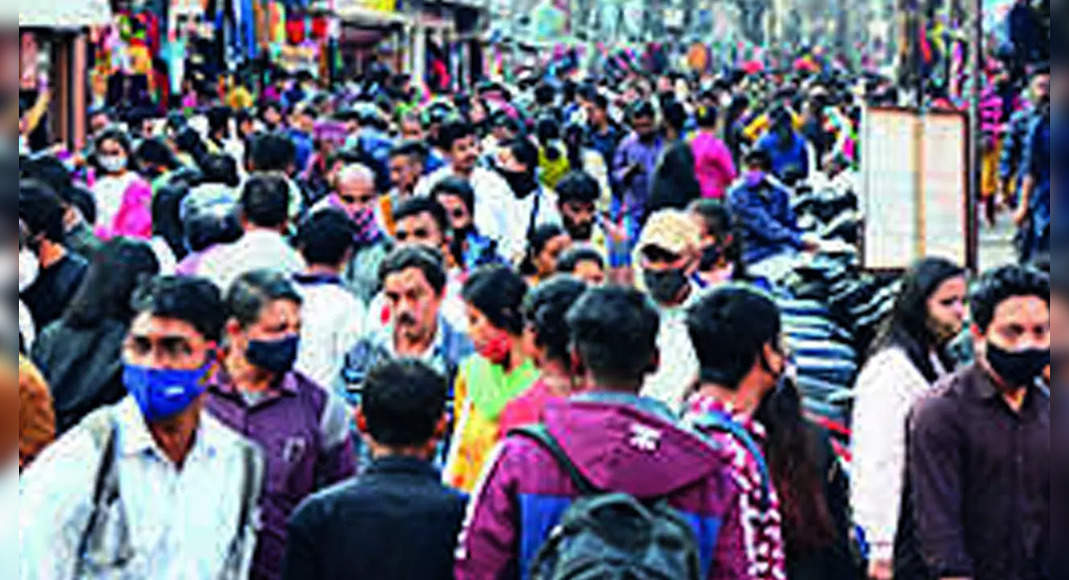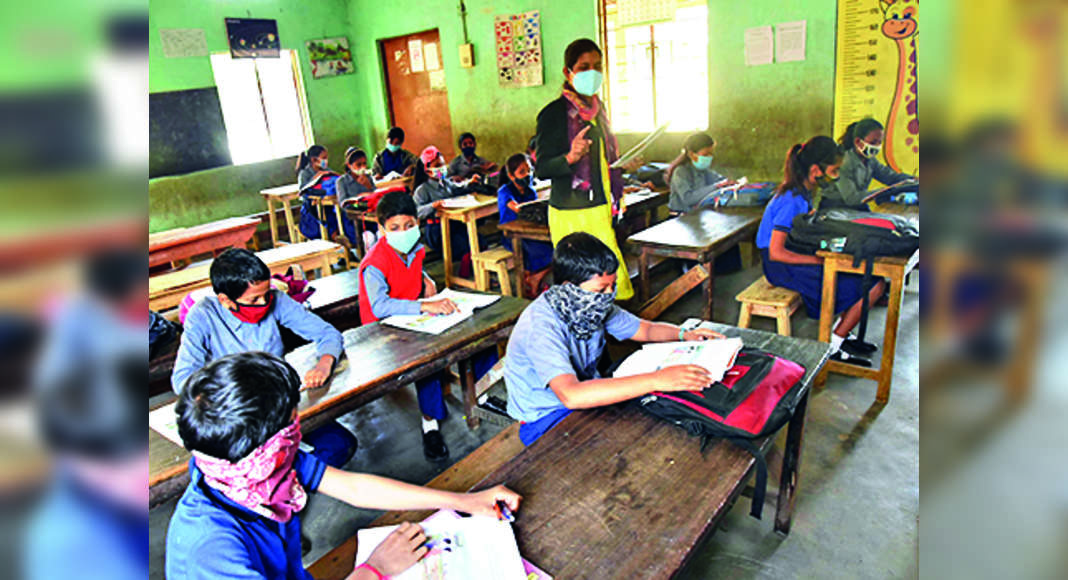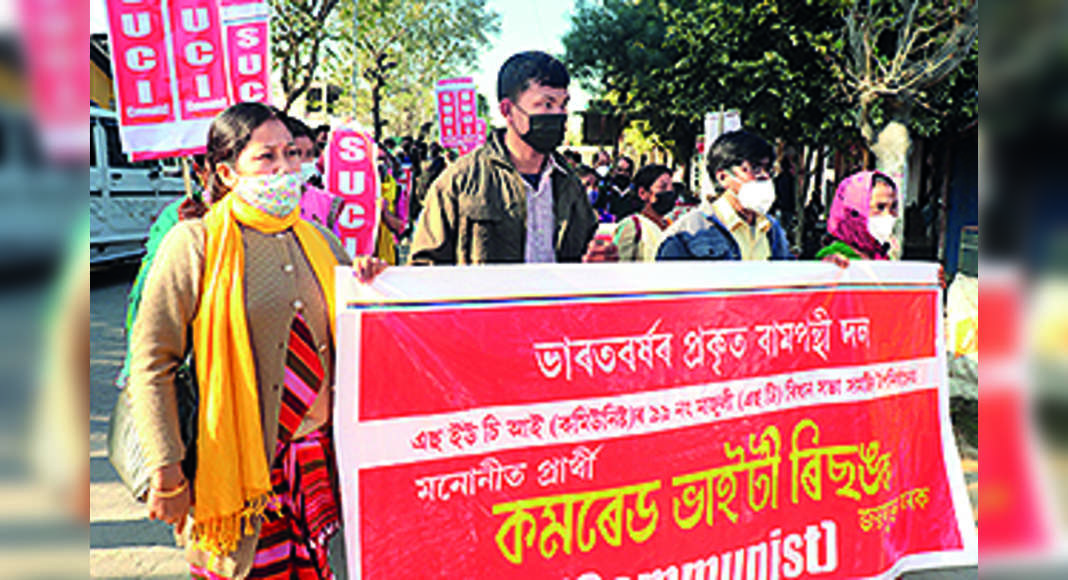GUWAHATI: The psychological impact of the Covid-19 second wave has severely affected people irrespective of age, bringing a new challenge for the recovered patients to bring life back to normal.
Psychiatrists said uncontrolled fear of contracting the virus has turned them more vulnerable to anxiety and depression than experiencing actual physical symptoms of Covid.
Hospitals are witnessing a rise in OCD (obsessive and compulsive disorder) cases among those with pre-existing anxiety and obsessive traits with increase in stress related to Covid.
“We have seen that Covid has touched every age group and affected people psychologically.
It’s high time for both authorities and policy makers to prioritise mental health and adopt clear behavioral strategies to reduce the burden of the disease and the dramatic mental health consequences of this outbreak so that we don’t move into another silent pandemic of mental illnesses,” said Dr Sanjay Singh, psychiatrist at Hayat Superspeciality Hospital in Guwahati.
The lockdown and unlocking has played hide and seek with human life since last year, which was unforeseen.
Fear, worry, tension, stress are normal responses to perceived or real threats but when uncertainty is high, people are bound to experience fear from the core of the heart and mind.
“The fear of contracting the virus and restrictions imposed in order to curb its spread- both have added to the fear.
Covid-19 has affected either directly or indirectly the mental health of individuals across age groups, including the elderly, the young, health care professionals, front line workers, those with pre- existing mental illness, those who lost their loved ones in this pandemic, homeless people and migrant labourers,” Singh observed.
He said severe anxiety has affected the saturation level and has a detrimental effect on the recovery of the patient.
Singh feels that because of the lockdown and quarantine, the level of loneliness, depression, substance abuse, self harm or suicidal behaviors have also increased.
“Losing my dad to Covid and standing helpless in spite of being a doctor, I can understand the pain of losing a near one, ” Singh said.
Dr Nahid Suraiya Islam, senior consultant psychiatrist at GNRC hospital, said stress and anxiety levels were seen to be much higher among the people during the second wave as the number of affected people were much higher within a shorter period of time compared to last year.
“The panic was more as there were a larger number of deaths.
This led to a lot of anxiety symptoms often seen in the Covid as well as recovering patients.
Also patients who show a lot of fear and anxiety with the initial diagnosis of Covid seemed to end up with more psychological problems later on as well and the number of post-Covid psychoses has also been seen to be more this time,” she said.
Hospital authorities said not only adults, children and adolescents have also been hit hard because of long stay at home.
There has been an increase in mobile addictive behavior among children which has aggravated anxiety.
Change in their routines, physical distance from friends due to virtual learning environment and technology access, missing significant life events such as celebrations and vacations has affected the social, emotional and mental health of children and adolescents.





